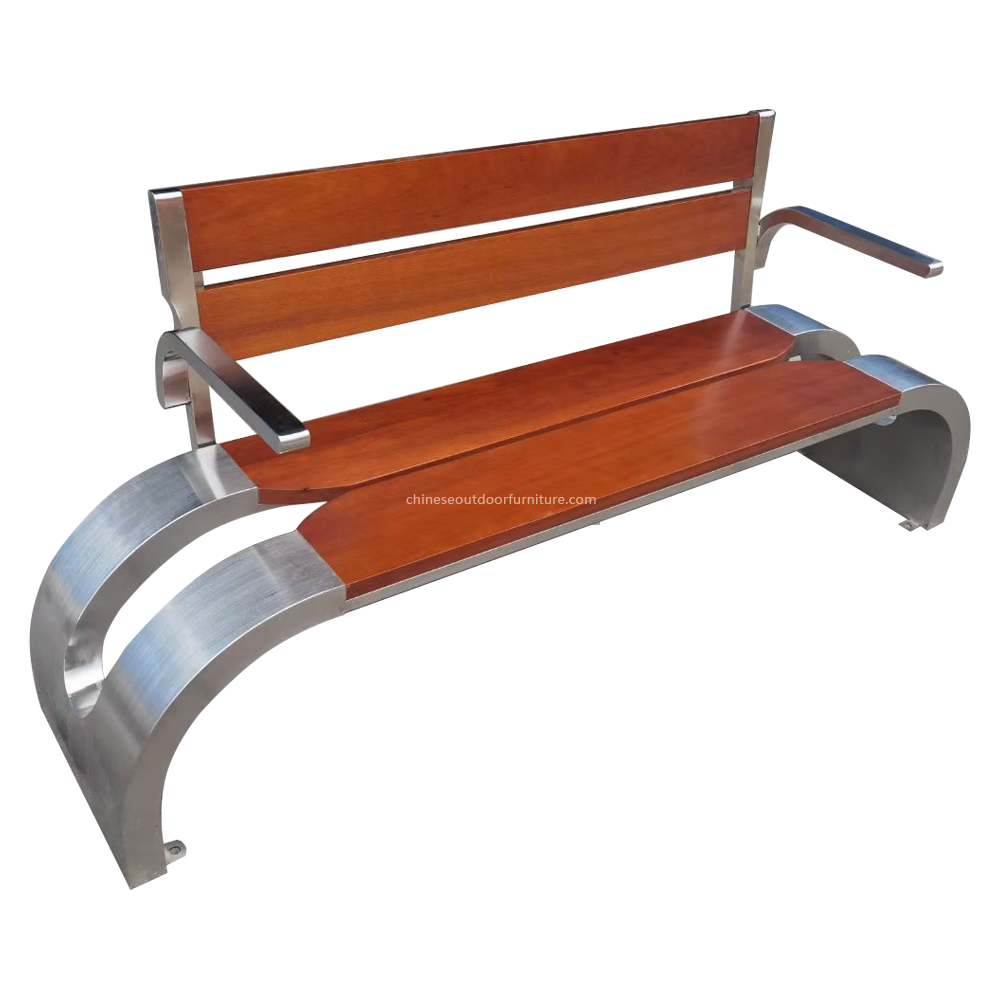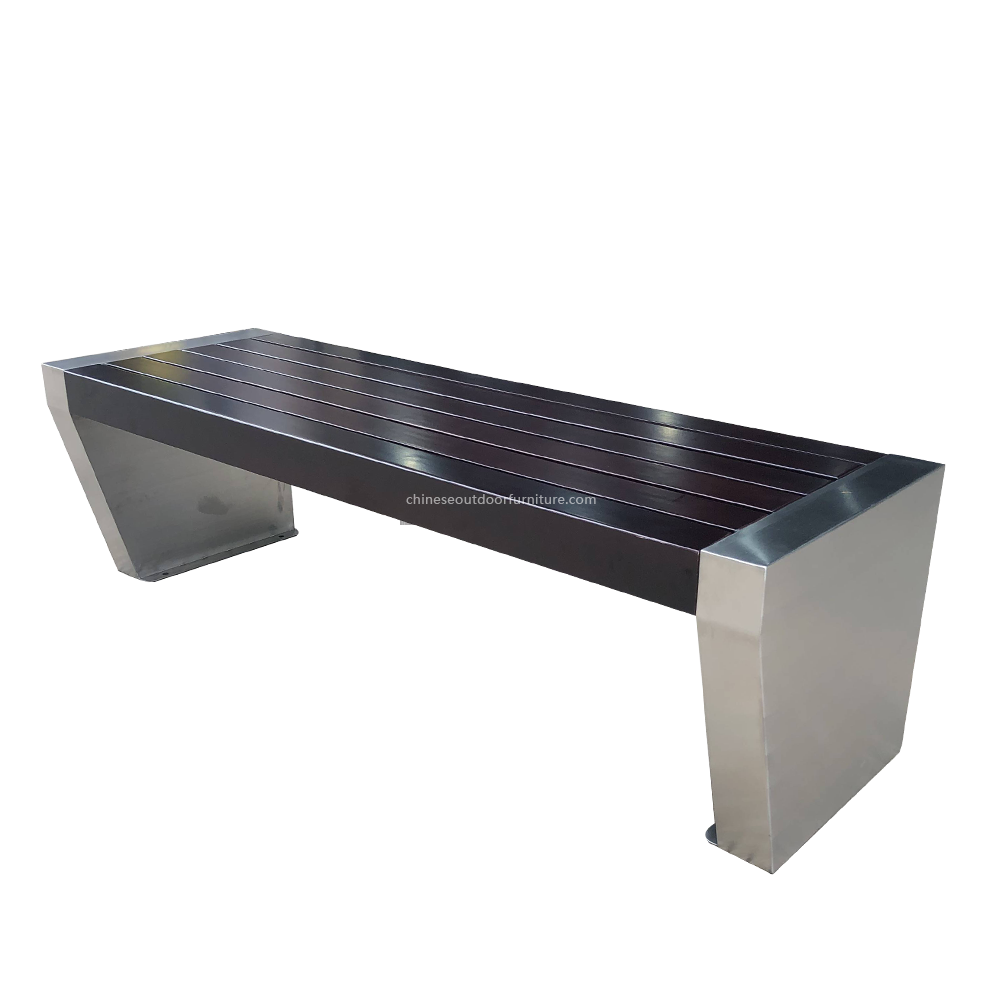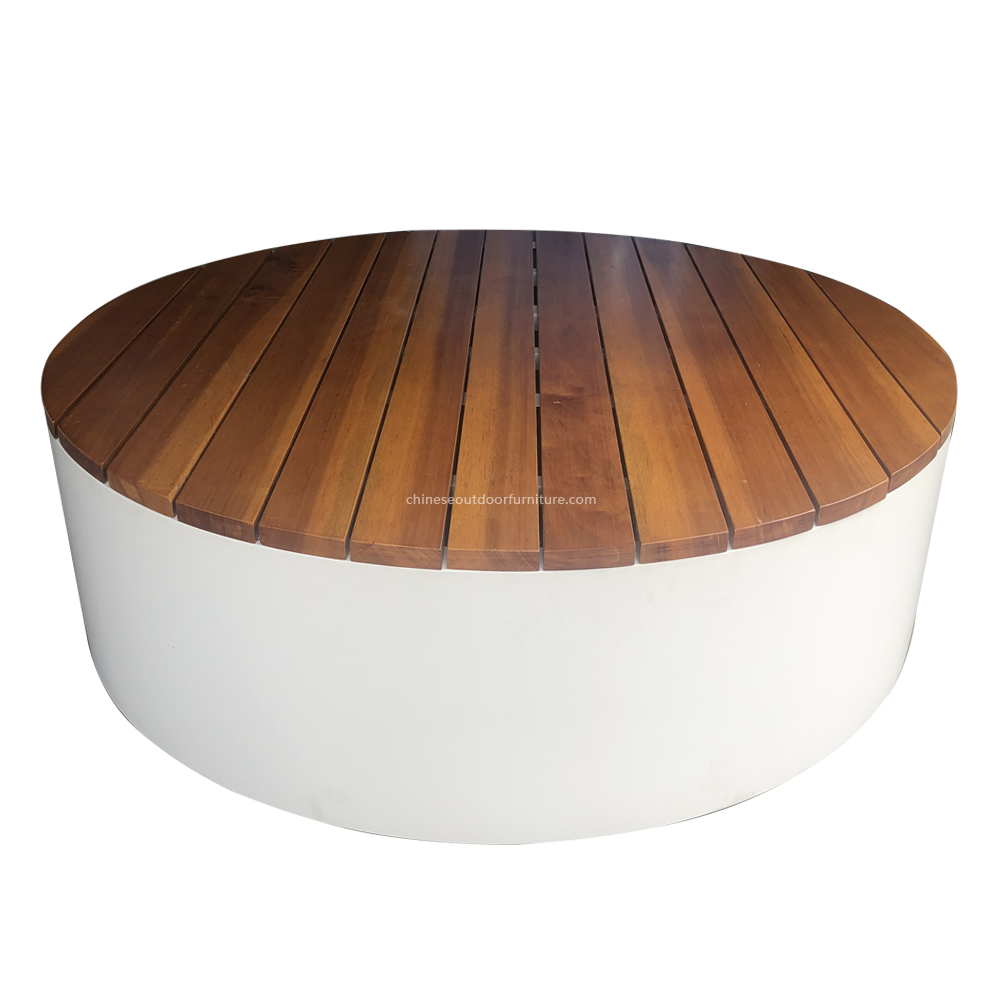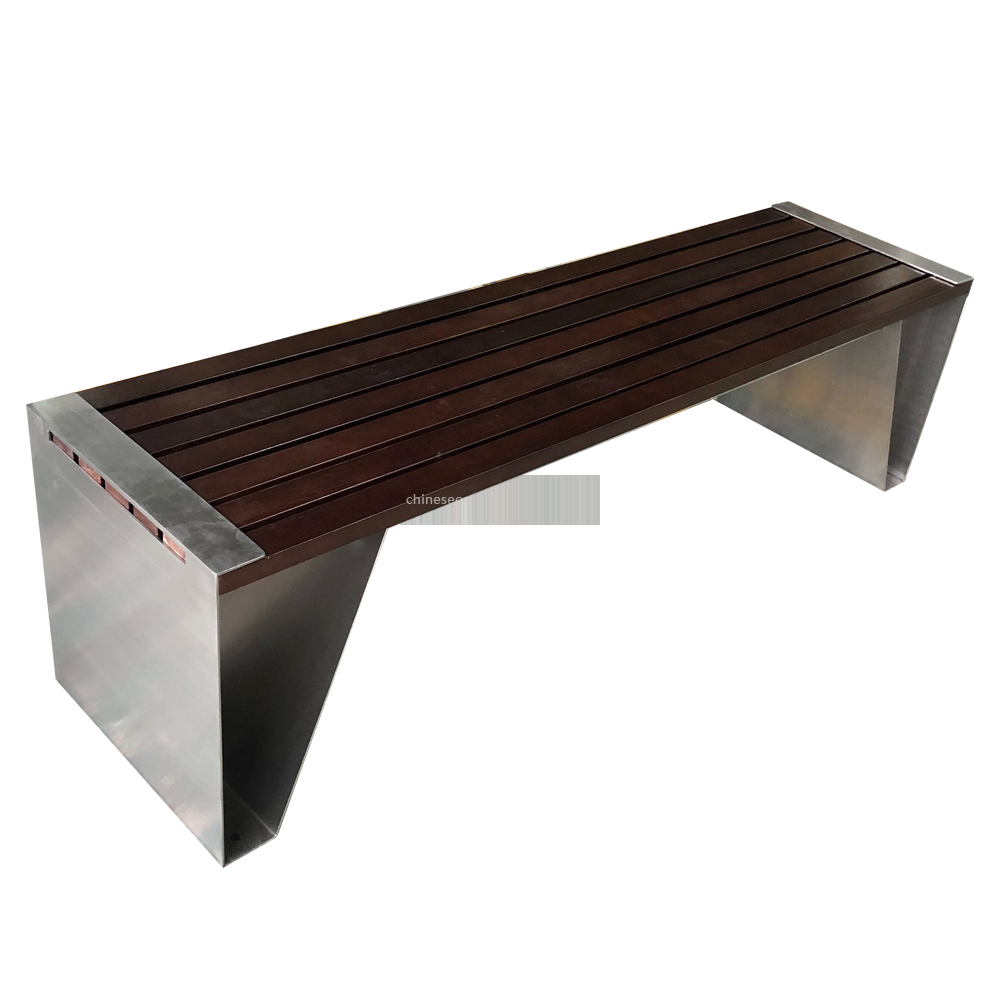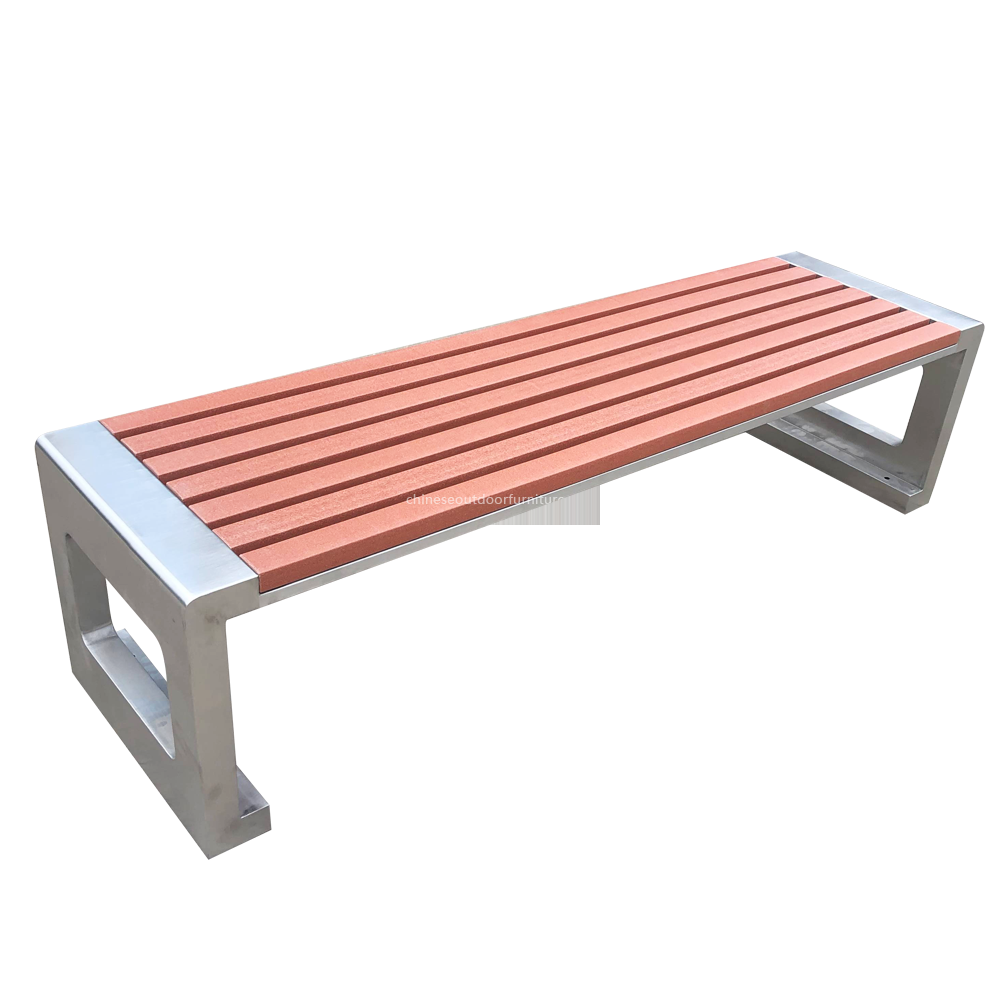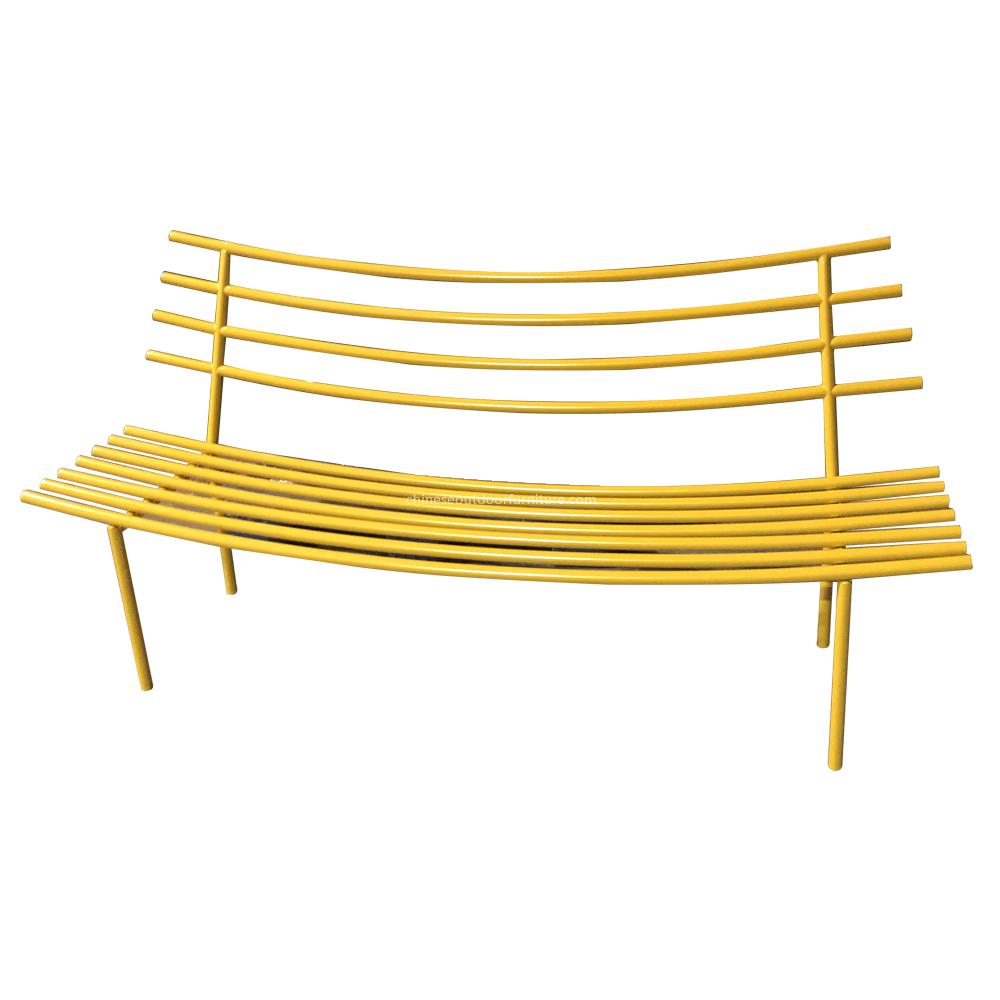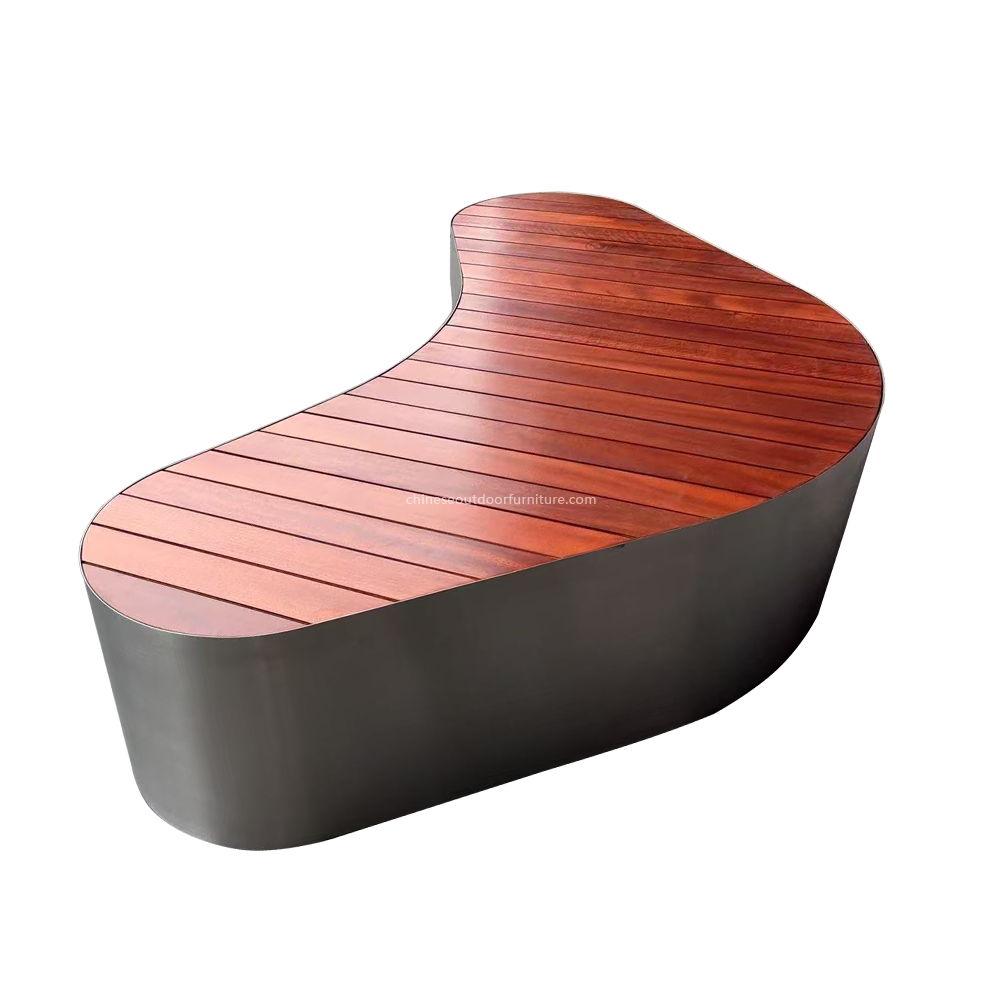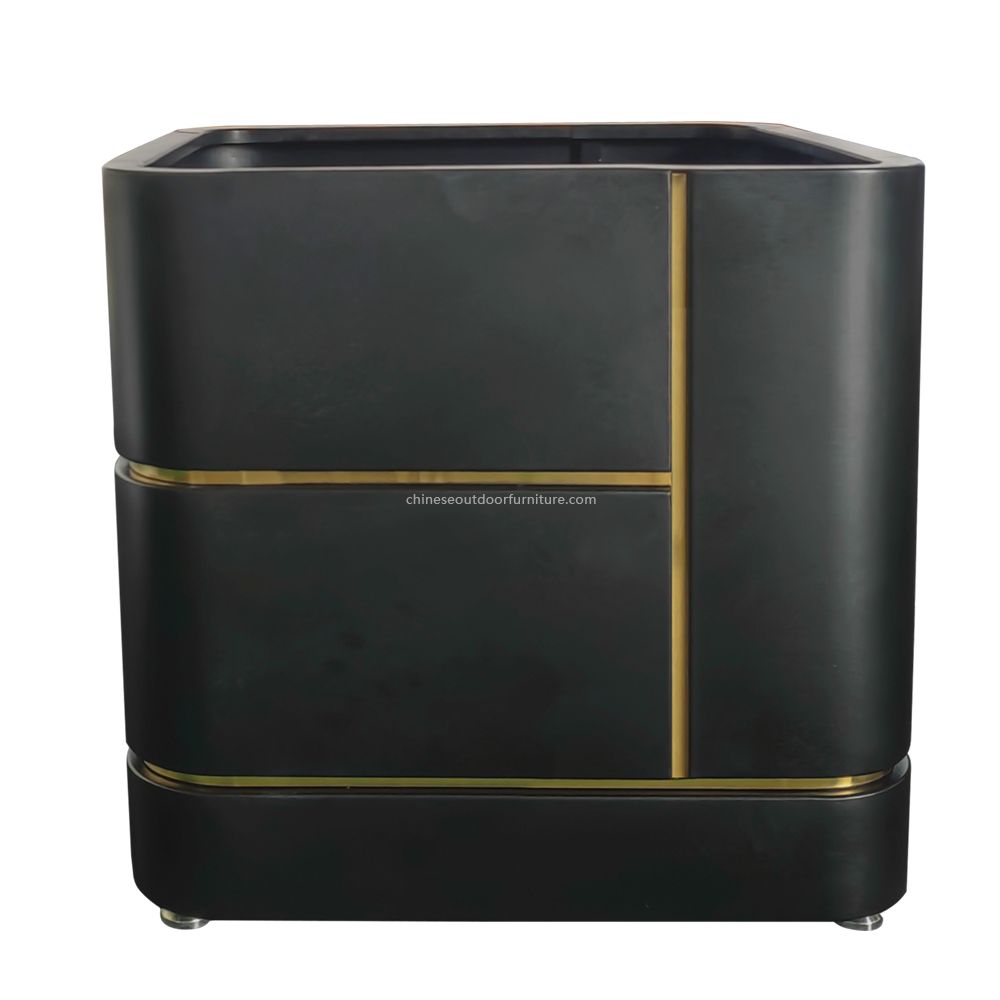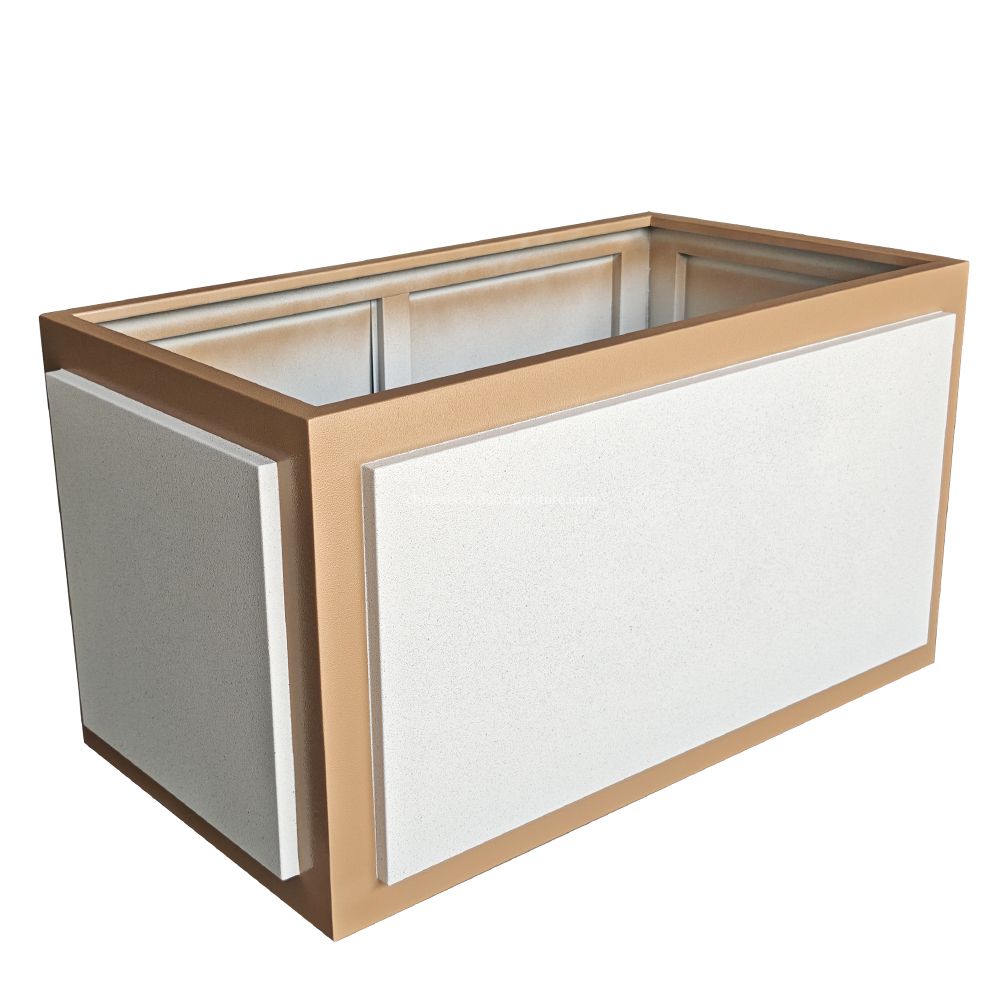What are the main advantages of natural rattan outdoor loungers compared to synthetic rattan?
Natural rattan outdoor loungers offer several key advantages over synthetic rattan, making them a preferred choice for eco-conscious consumers. Firstly, natura...
READ MORE...How does polypropylene resist fading in outdoor loungers exposed to sunlight?
Polypropylene is a popular material for outdoor loungers due to its exceptional resistance to fading when exposed to sunlight. This durability is primarily att...
READ MORE...What are the advantages of polyethylene outdoor loungers compared to other plastics?
Polyethylene outdoor loungers have become a popular choice for outdoor furniture due to their numerous advantages over other plastics. One of the key benefits ...
READ MORE...How does stainless steel resist rust in outdoor loungers exposed to rain?
Stainless steel is renowned for its exceptional ability to resist rust, making it an ideal material for outdoor loungers exposed to rain. This resistance is pr...
READ MORE...What are the advantages of aluminum outdoor loungers in coastal environments?
Aluminum outdoor loungers are an excellent choice for coastal environments due to their exceptional durability and resistance to harsh weather conditions. Unli...
READ MORE...How does pine wood compare to cedar in terms of resistance to insect damage for outdoor loungers?
When choosing wood for outdoor loungers, insect resistance is a critical factor to consider. Pine wood and cedar wood are two popular options, but they differ ...
READ MORE...What are the advantages of teak wood for outdoor loungers in humid climates?
Teak wood is renowned for its exceptional durability and natural resistance to harsh weather conditions, making it an ideal material for outdoor loungers in hu...
READ MORE...